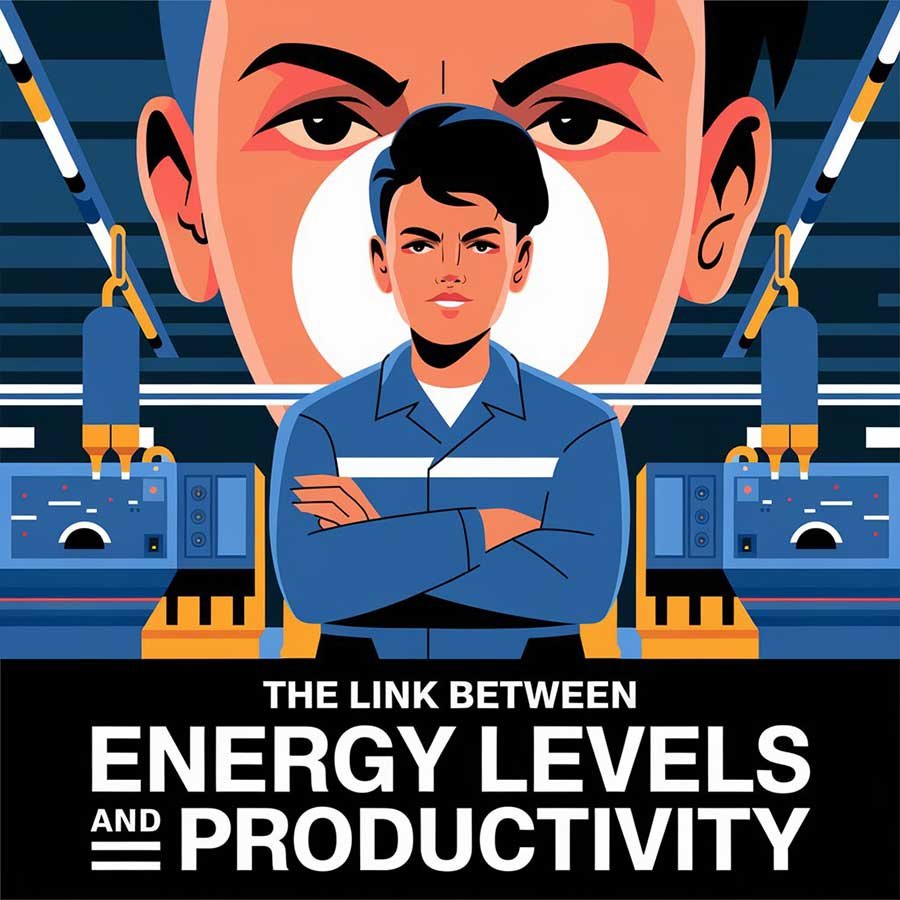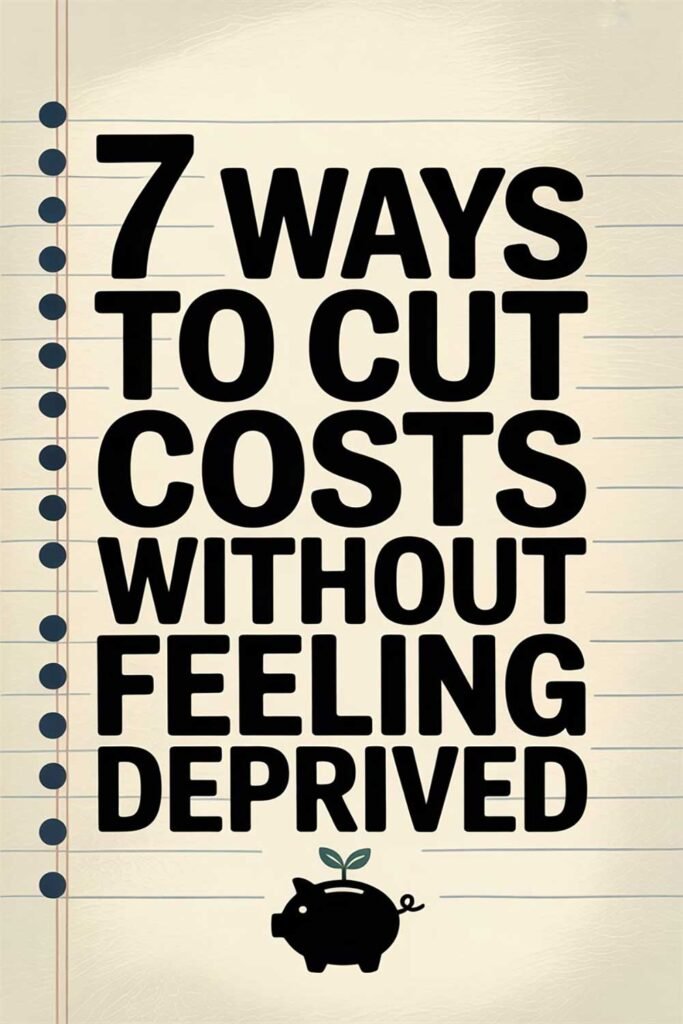
The Link Between Energy Levels and Productivity
Have you ever noticed how your productivity fluctuates throughout the day? Some days, you feel unstoppable, while on others, even simple tasks feel overwhelming. The key to maintaining consistent productivity lies in understanding and managing your energy levels. By optimizing your energy, you can work smarter, stay focused, and achieve more without burning out.

How Energy Levels Impact Productivity
Your energy levels determine your ability to focus, make decisions, and stay motivated. Low energy often leads to:
- Procrastination and lack of motivation
- Poor concentration and mistakes
- Increased stress and frustration
- Reduced creativity and problem-solving abilities On the other hand, high energy levels enable you to work efficiently, stay engaged, and accomplish tasks with ease.
Factors That Influence Energy Levels
Several factors affect your daily energy levels, including:
1. Sleep Quality and Duration
Lack of sleep leads to fatigue, poor decision-making, and decreased productivity. To improve sleep:
- Aim for 7-9 hours of quality sleep per night.
- Stick to a consistent sleep schedule.
- Avoid screens and caffeine before bedtime.
2. Nutrition and Hydration
What you eat fuels your energy levels. To sustain productivity:
- Consume balanced meals with protein, healthy fats, and complex carbs.
- Stay hydrated—dehydration can cause fatigue and brain fog.
- Limit sugar and processed foods to avoid energy crashes.
3. Physical Activity
Exercise increases blood flow and releases endorphins, improving focus and stamina. Try:
- Short walks or stretching breaks.
- Strength training or yoga.
- Regular movement throughout the day to prevent sluggishness.
4. Stress Management
Chronic stress drains energy and hinders productivity. Manage stress by:
- Practicing deep breathing or meditation.
- Taking regular breaks to reset your mind.
- Engaging in activities that relax you, like reading or hobbies.
5. Work Environment and Ergonomics
Your workspace plays a significant role in your energy levels. Optimize it by:
- Using ergonomic chairs and desks for comfort.
- Keeping your space organized and clutter-free.
- Adjusting lighting to reduce eye strain.
How to Align Energy Levels with Productivity
Understanding your natural energy cycles can help you work smarter. Here’s how:
1. Identify Your Peak Productivity Hours
Everyone has different energy peaks. Track your focus levels throughout the day and schedule important tasks during your high-energy periods.
2. Use the Pomodoro Technique
Work in focused 25-minute intervals with short breaks to maintain energy and avoid burnout.
3. Batch Similar Tasks Together
Grouping similar tasks (emails, meetings, creative work) reduces mental fatigue and keeps momentum going.
4. Take Regular Breaks
Breaks prevent energy depletion. Try:
- 5-10 minute movement breaks every hour.
- A longer midday break to recharge.
- Power naps (10-20 minutes) if needed.
5. Fuel Your Body Consistently
Eat small, nutritious snacks throughout the day to sustain energy, avoiding long gaps between meals.
Final Thoughts
Your productivity isn’t just about willpower—it’s about managing your energy effectively. By prioritizing sleep, nutrition, movement, stress management, and strategic work habits, you can maintain high energy levels and accomplish more with less effort. Take charge of your energy, and watch your productivity soar!
Picture This
Imagine waking up feeling refreshed and energized, ready to tackle your day with focus and enthusiasm. Picture yourself gliding through tasks effortlessly, maintaining sharp concentration without feeling drained. By managing your energy wisely, you create a life where productivity feels natural and fulfilling. How will you optimize your energy starting today?






